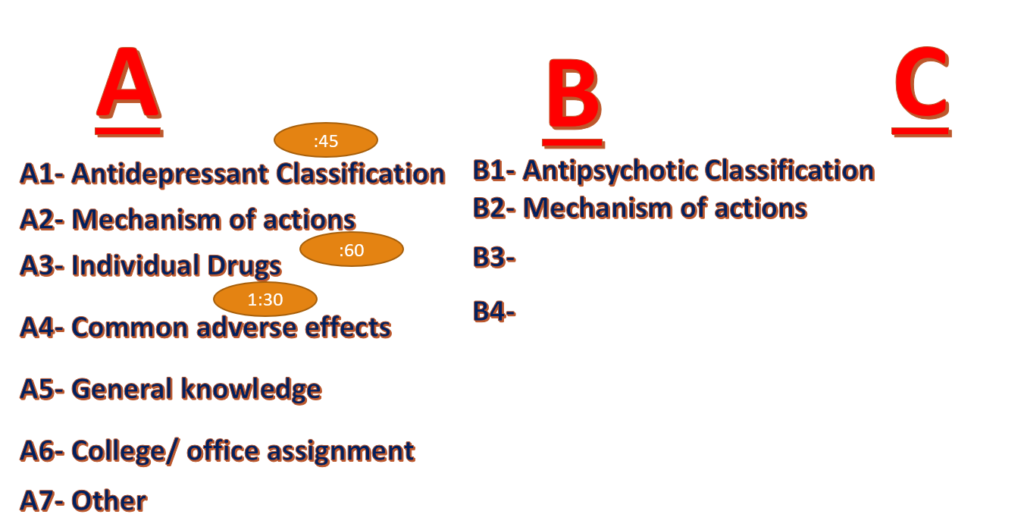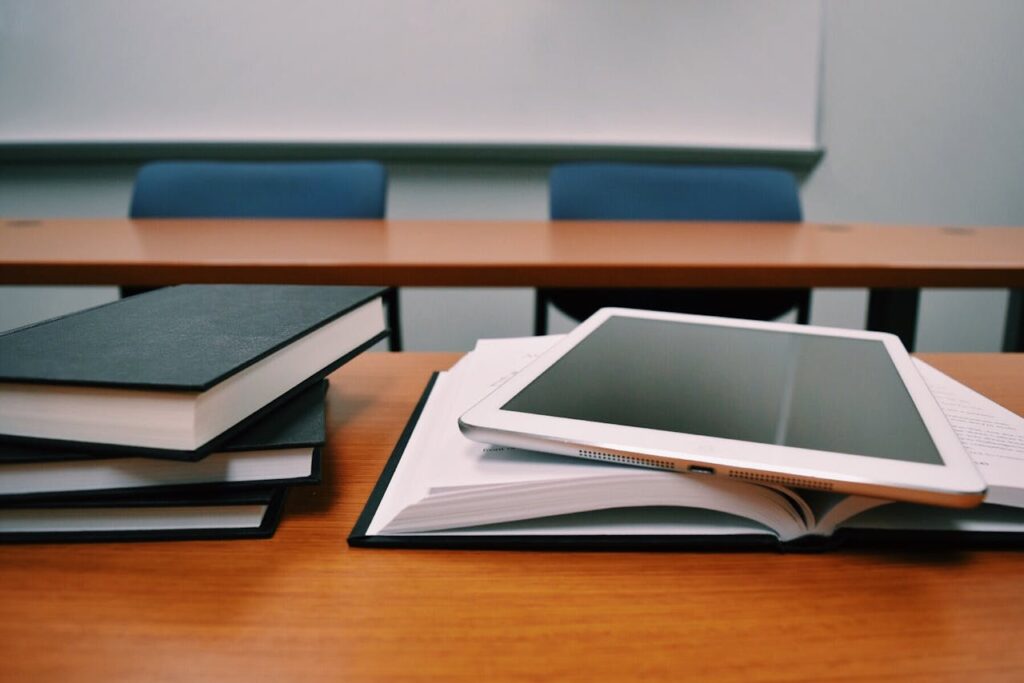What happens generally is, whenever we tell our teachers that we are not feeling like studying or are not feeling confident, they keep saying that concentrate and be confident. But the big question is how. It is just like someone telling you to become a millionaire but the big question is how. Studying should not always be a boring or tiring task. With a few simple strategies, you can make your study time more effective and retain the information better. Here are some tips that will help you get the most out of your study sessions, without getting burnout.

1. Set Clear Goals
Start every study session by setting clear and achievable goals. Instead of saying “Today I will study Pharmacology”, set something specific, like “Today I will study Antidepressant drugs and especially their classification, mechanism of action and adverse effects.” Don’t target a single subject in a day. Along with that take at least one more subject and convert them into topics. Look at the other tasks also, what else is to be done and then arrange them according to priority. Like A, B, C in which most important tasks are under A, then less priority ones under B and least priority ones under C.

Now make it like a game, like if it is going to take 35 minutes to complete the classification of antidepressant drugs then set it to 45 minutes and similarly give imaginary time to all the other tasks as well. This way it will become like a game for you and you will remain more focussed. Remember if you do not play with your mind then it will play with you. Setting focused goals keeps you on track and on completion of every goal you get a sense of accomplishment.
2. Use the Pomodoro Technique
The Pomodoro Technique is a very beneficial technique for studying. This technique involves studying for 25 minutes with a 5-minute break. After completing 4 cycles, take a longer break of 15–30 minutes. This approach helps you stay focused, reduces mental fatigue, and makes studying more manageable. Try This: Set a timer, and during each 5-minute break, get up and stretch or drink water. This little reset will refresh you for the next session.
3. Use scientific revision plan
There is not much benefit in just reading. Use active recall, and for this it is important that you have a scientific revision plan. According to a study if you do not revise then after 24 hours you will forget more than 80%. So scientific revision plan says first revision within 24 hours, second within one week and third within one month. If you are following this revision plan then your capacity to memorise the material will increase considerably. This helps in transferring information from short-term to long-term memory.

.
4. Organize Your Study Space
Keep it clutter-free: Keep only the things you need for studying on your desk—books, notebooks, pens, highlighters, etc. Remove extra items to avoid unnecessary distractions. Keep your study materials, water bottle, and stationery nearby to avoid getting up frequently while studying and your seating should be comfortable so that you can focus well. A supportive chair and proper table height also reduces back pain or discomfort. Proper lighting should be there in your study space and natural light is best, but if not available, keep a good desk lamp. Proper lighting helps you maintain your focus and energy level.
Pro Tip: Add a personal touch to your study space, like a motivational quote or a small plant. It can make your environment more inviting and positive.
5. Take Care of Your Health
Our brain performs best when our body is nourished and rested. Balanced meals, which include fresh fruits, vegetables, protein and healthy fats, provide you with sustained energy and focus. Staying hydrated is also important, as dehydration can cause fatigue and concentration issues, so it is better to have water or herbal teas instead of sugary drinks. 7-8 hours of proper sleep recharges the brain and enhances memory and learning. Also, including a 15-20 minute walk or light exercise in your daily routine improves blood flow, uplifts mood, and increases mental sharpness, as exercise releases endorphins that reduce stress and boost energy. These healthy habits support your overall health and help you maintain focus and consistency in studies.
6. Avoid Multitasking
Studying multiple subjects at a time reduces efficiency and retention. Studying only one subject at a time helps you understand that subject deeply and retains the concepts better.
Example: If you’re studying biology, give it your full attention rather than switching to math problems midway. This will help solidify concepts better and faster.
7. Seek Help When Needed
If a concept seems unclear, do not hesitate to ask for help. Consult teachers, classmates or credible online resources as sometimes a different perspective or a new explanation can help you understand a difficult topic better. Keep in mind that your competition is not only with your classmates so avoid any kind of negative competition. If you discuss a chapter with your friends in a peer-to-peer manner, you will have to work much less. Concepts can become clearer by discussing with other people and any confusion can be removed quickly.
Final Thoughts
Effective studying isn’t about spending hours with your books; it’s about studying smart. Implementing these simple strategies can help you study more efficiently, retain more information, and reduce stress. Remember, consistency is key. By making these habits a regular part of your study routine, you’re setting yourself up for long-term academic success.




Pingback: Current Education System of India - Dr. Ashish Pathak
Good morning sir
hi
Your article helped me a lot, is there any more related content? Thanks!